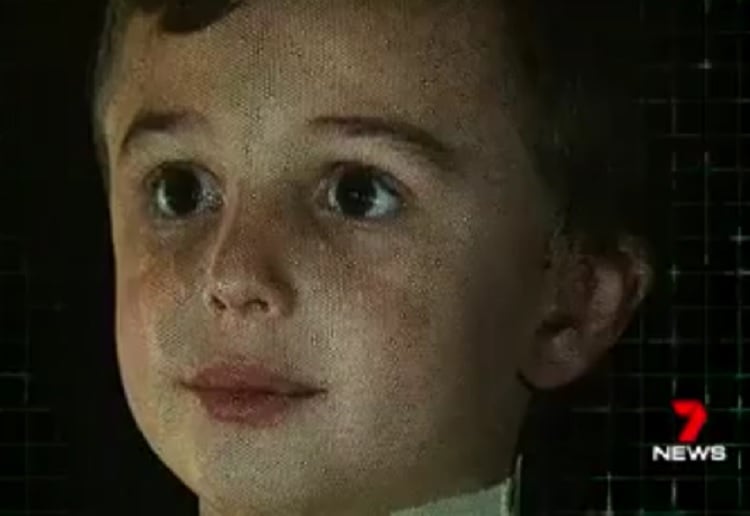Australian researchers are claiming a significant breakthrough in diagnosing and treating children with autism.
Using 3D face-scanning technology they’ve discovered a link between facial features and autism.
It may allow them to identify children earlier and start treatment.
The of 289 children found a link between masculine facial features and autism.
The study, carried out in collaboration with researchers from The University of Western Australia and Princess Margaret Hospital for Children, is the first of its kind using 3D photogrammetry to examine whether pre-pubescent boys and girls with an Autism Spectrum Disorder (ASD) displayed more masculine features compared to those without the condition.
Genetic factors are known to play a major role in ASD however there is growing evidence that hormonal factors also influence development of the condition.
A computer algorithm was used to generate a gender score for a sample of 3D facial images to create a scale ranging from very masculine to very feminine. The gender scores were based on an analysis for 11 facial features such as breadth of a person’s nose, distance between the outer corners of the eyes, upper lip height and width of the mouth and were compared between an autistic group and a control group.
They say the earlier the intervention the better the outcome!
“The average age for an autism diagnosis in Australia is four and half years old which is far too late,” Dr Gail Alvares from the Institute’s Autism Research Team says.
“Research shows early intervention is incredibly effective in improving developmental outcomes and our aim is to see children diagnosed as early as 12 months.”
Read more about the study HERE
What do you think of this new technology?
Share your comments below




















-

-
-
ella12 said
- 05 Sep 2017
-

-
-
mom183717 said
- 03 Sep 2017
-

-
-
june11 said
- 01 Sep 2017
-

-
-
mom94125 said
- 01 Sep 2017
-

-
-
BellaB said
- 01 Sep 2017
-

-
-
tessie said
- 31 Aug 2017
-

-
-
sars_angelchik said
- 31 Aug 2017
-

-
-
rovermum said
- 31 Aug 2017
-

-
-
mom255691 said
- 31 Aug 2017
-

-
-
musicmum said
- 30 Aug 2017
-

-
-
mom101628 said
- 30 Aug 2017
-

-
-
natct said
- 29 Aug 2017
-

-
-
Ellen said
- 29 Aug 2017

-

-
-
mom112217 said
- 28 Aug 2017
-

-
-
mom206279 said
- 28 Aug 2017
-

-
-
cherz said
- 28 Aug 2017
-

-
-
mom90758 said
- 28 Aug 2017
Post a comment2:38 pm
8:23 pm
10:29 pm
3:53 pm
11:03 am
3:45 pm
10:46 am
9:31 am
1:18 am
10:52 pm
9:28 pm
4:45 pm
7:40 am
4:37 pm
3:49 pm
2:33 pm
1:01 pm
To post a review/comment please join us or login so we can allocate your points.